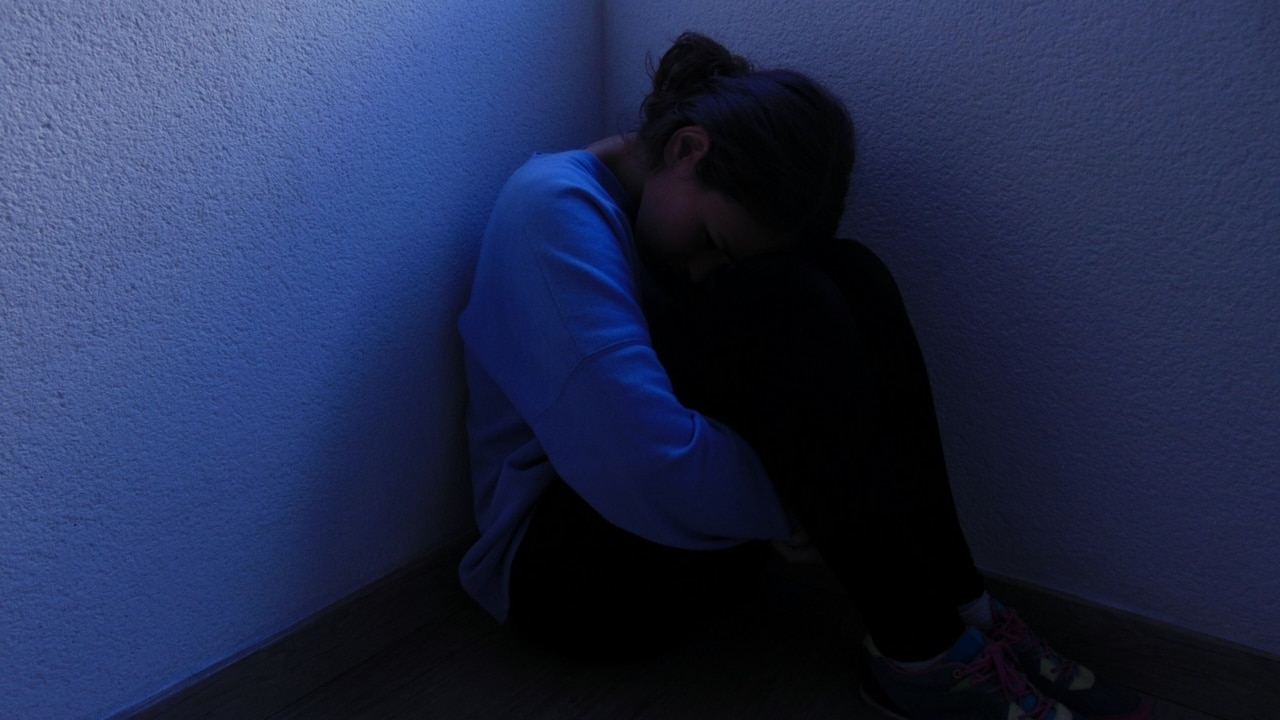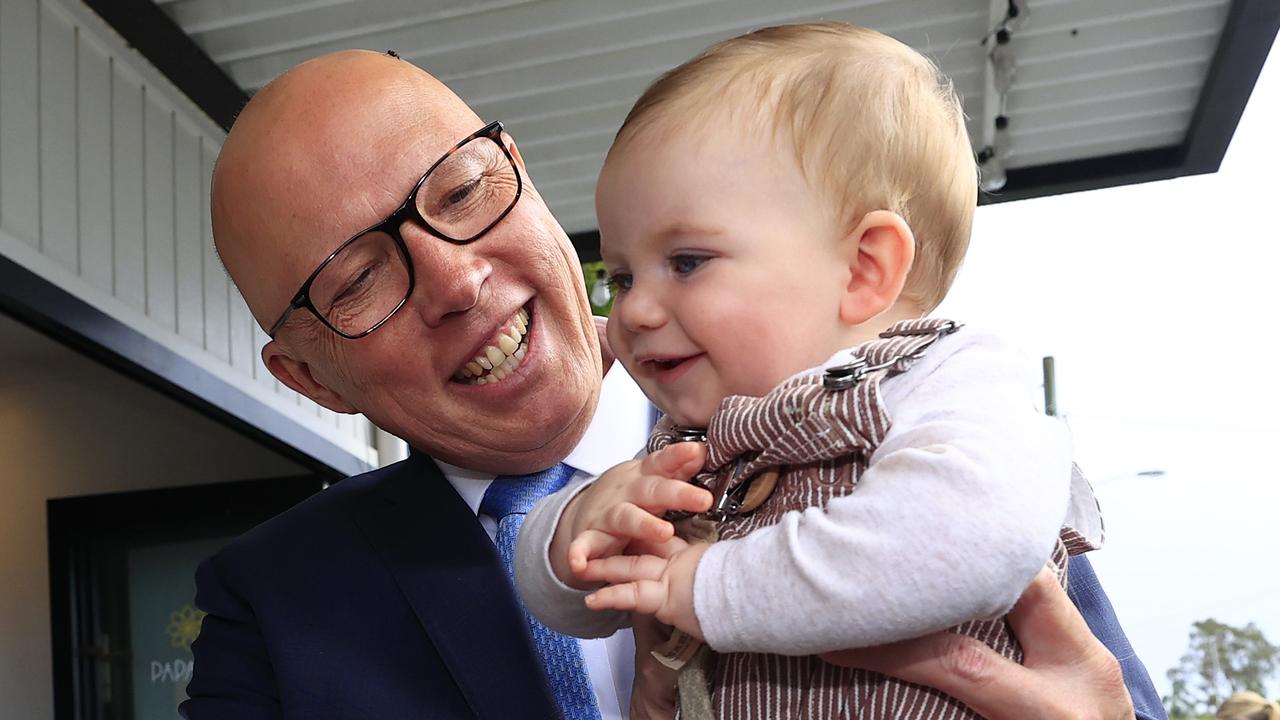Opinion: Domestic violence must be front and centre again
The nation was transfixed on this issue, until coronavirus came along. But it hasn’t gone away, writes Kay McGrath,

Opinion
Don't miss out on the headlines from Opinion. Followed categories will be added to My News.
HERE’S a sad irony about the month of May.
As we grow even more restless, confined to our homes by a virus and waiting patiently for freedoms to be returned, we’re now being asked to reflect on the impacts of another epidemic.
Coronavirus Australia: Why calls to domestic violence helplines are plummeting
Domestic violence help: Premier announces $5.5m to help victims
Why domestic violence has ‘decreased’ in lockdown
May is Domestic and Family Violence Prevention Month in Queensland.
It’s a time to raise community awareness and send a clear message that the violence will not be tolerated.
As with most events this year, activities have been restricted due to COVID-19.
Let’s pause and think about the similarities between domestic and family violence, and the impacts of coronavirus.
Family violence is also an insidious epidemic – not just in Queensland but nationwide.
COVID-19 is claiming lives at an alarming rate; however, each week at least one Australian woman is murdered by a current or former partner.
And the violence can be
so cruel.
The entire country was shocked and horrified in February when Hannah Clarke and her three young children were murdered in suburban Camp Hill.
Domestic violence is not confined to physical violence. Just like COVID-19, it can be invisible.

Perpetrators can use emotional, psychological, financial, social, verbal, cultural and sexual abuse – and threats accompanied by control and dominance.
For many, coronavirus has meant job losses and financial distress.
Abusers frequently use unfair financial control to cause distress or manipulate their partners.
A critical preventive measure to COVID-19 has been to self-isolate and practise social distancing, limiting our freedom of movement.
Perpetrators also seek to control their victims’ movements, including where they go, what they do and say, and who they see.
Schools have shut their gates to enhance the safety of our children during COVID-19.
There’s clear and unarguable research showing the significant and potentially lifelong harm for children exposed to family violence, and we’re yet to understand the impact of remote learning on vulnerable children who may be witnessing or suffering abuse while confined at home.
We rightfully feel for victims of COVID-19. We also acknowledge the courage and dedication of frontline responders, the emergency service workers, ambulance and police officers, nurses, doctors, teachers and many others.
Our community also feels for victims of domestic and family violence, and supports the good work undertaken by those who step up to help.
As we congratulate ourselves on “flattening the curve” to obliterate COVID-19, should we be asking, can we apply the same diligence and determination to wipe out domestic and family violence? The answer is unequivocally yes.
But the change must come from community action and a unified voice.
An example? The road toll.
At its worst, the annual rate of road fatalities in Queensland was 32 deaths per 100,000 Queenslanders.
Last year it was 4.2.
That rate is close to some of the safest countries in the world, despite Queensland’s size and massive road network.
Safer vehicles, improvements to roads and law enforcement have all contributed to this strong result.
While there is still plenty more to do, the most significant factor has been the change in community attitudes and behaviour to issues such as drink-driving and speeding.
The loss of any life due to road accident, COVID-19 or domestic and family violence is still one life too many, but remember we once thought reducing the road toll was also an impossible task.
So while many of us no doubt view the ending of family violence as equally insurmountable, let’s not forget this.
Domestic and family violence is no longer kept behind closed doors.
We’ve lessened the culture of silence and stigmatisation, and created a supportive environment where victims and perpetrators alike are able to seek help.
A pressing concern now is that the COVID-19 pandemic will drive an increase in domestic violence and push it back behind closed doors.
To ensure this doesn’t happen, we need everyone to take action right now.
When the opportunity is there, speak up.
If you know of someone suffering, do something.
If you are a victim, reach out and seek help. Help is available.
The organisations you can contact are listed above.
During the first week of May we would usually see people gathering across Australia to take part in a candlelight vigil to honour those whose lives have been lost.
In a similar way to how households participated on Anzac Day, we’re asking Queenslanders to light a candle at 6pm next Wednesday, May 6, in memory of all those victims.
Start here, with us – together.


